Research is also important for snail conservation and multiplication efforts. WESAD in partnership with the college of technology at the University of Bamenda study snail populations to understand their biology, behavior, Nutrition and habitat requirements with placement of 10 research students (3 undergraduate Students, 6 masters students and one Ph.D student). The information gotten from the research can help inform conservation strategies and improve breeding programs. WESAD look forward to sponsors who can fund research on snail genetics, disease resistance, and reproductive biology which can also be valuable for conservation efforts.
In addition to captive breeding and research, habitat protection and restoration are key components of snail conservation. WESAD looks forward to embrace partners who can sponsor activities in protecting natural habitats and reducing threats such as pollution and habitat destruction which can help ensure snail populations remain healthy and stable.
Overall, WESAD carries out a combination of conservation efforts, research, and habitat protection to conserve and multiply snail populations. By working together with scientists, conservationists, and policymakers it can help ensure the survival of these important and often overlooked creatures.
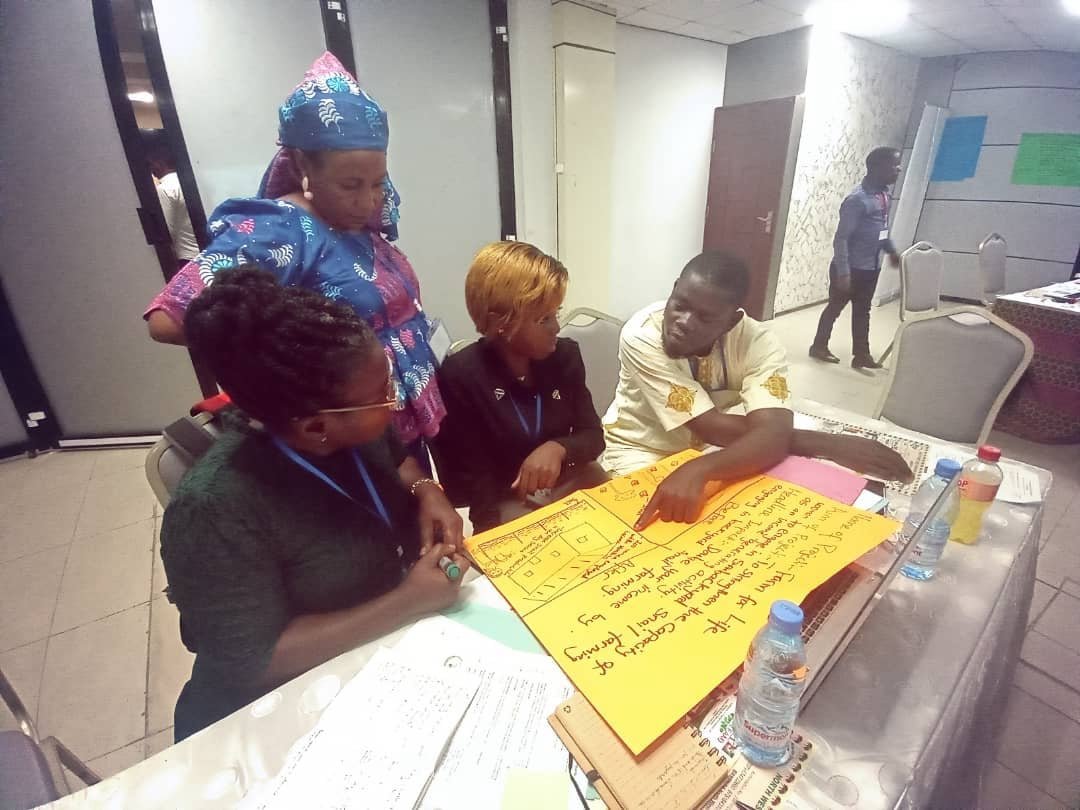
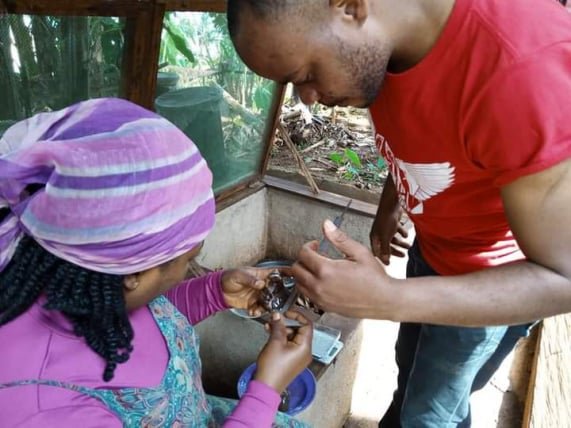
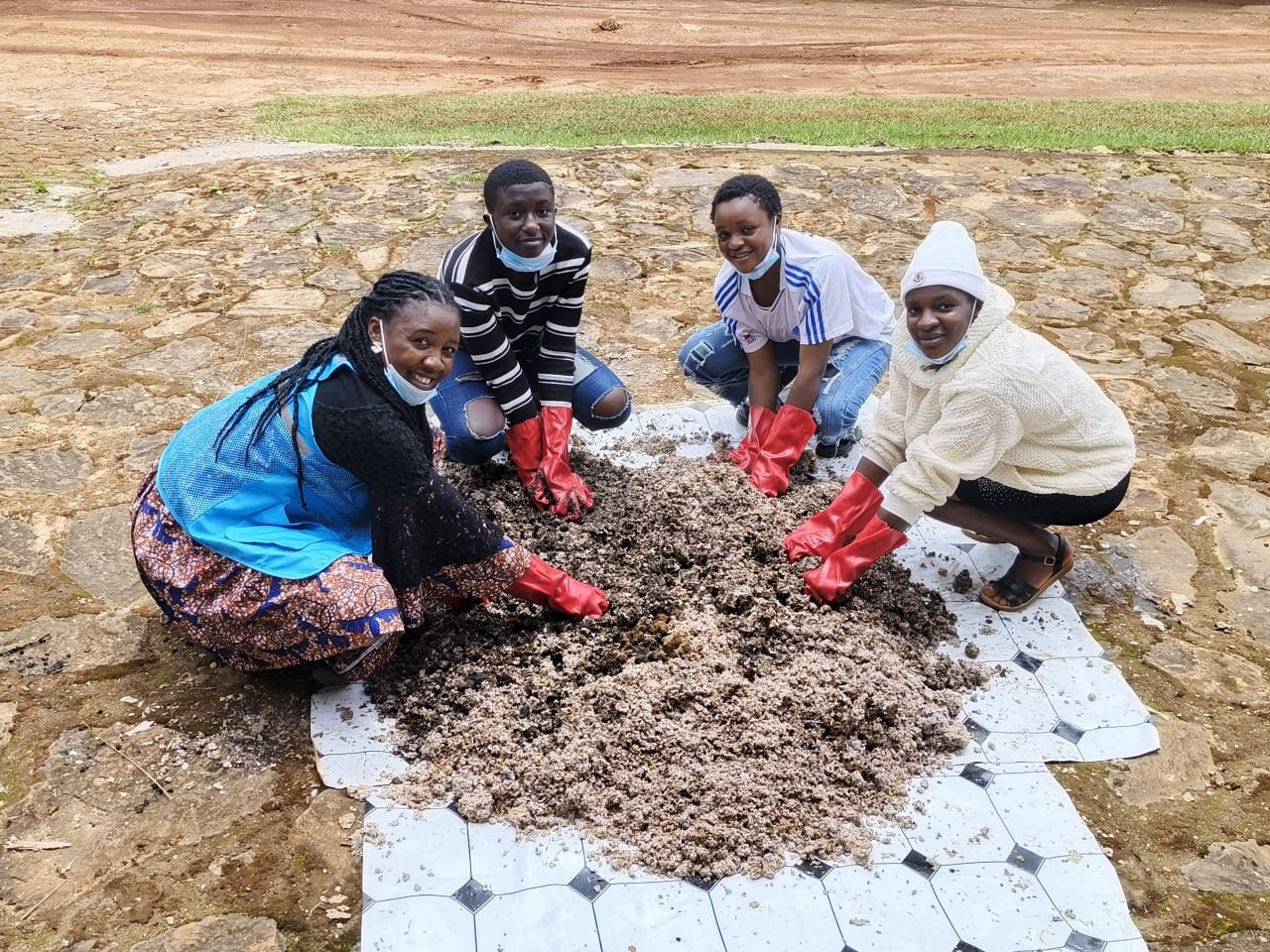
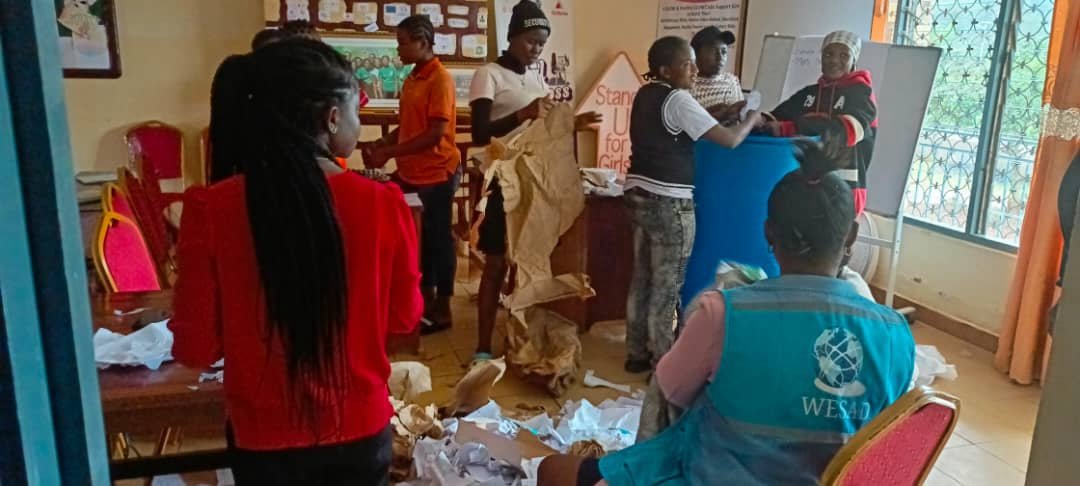
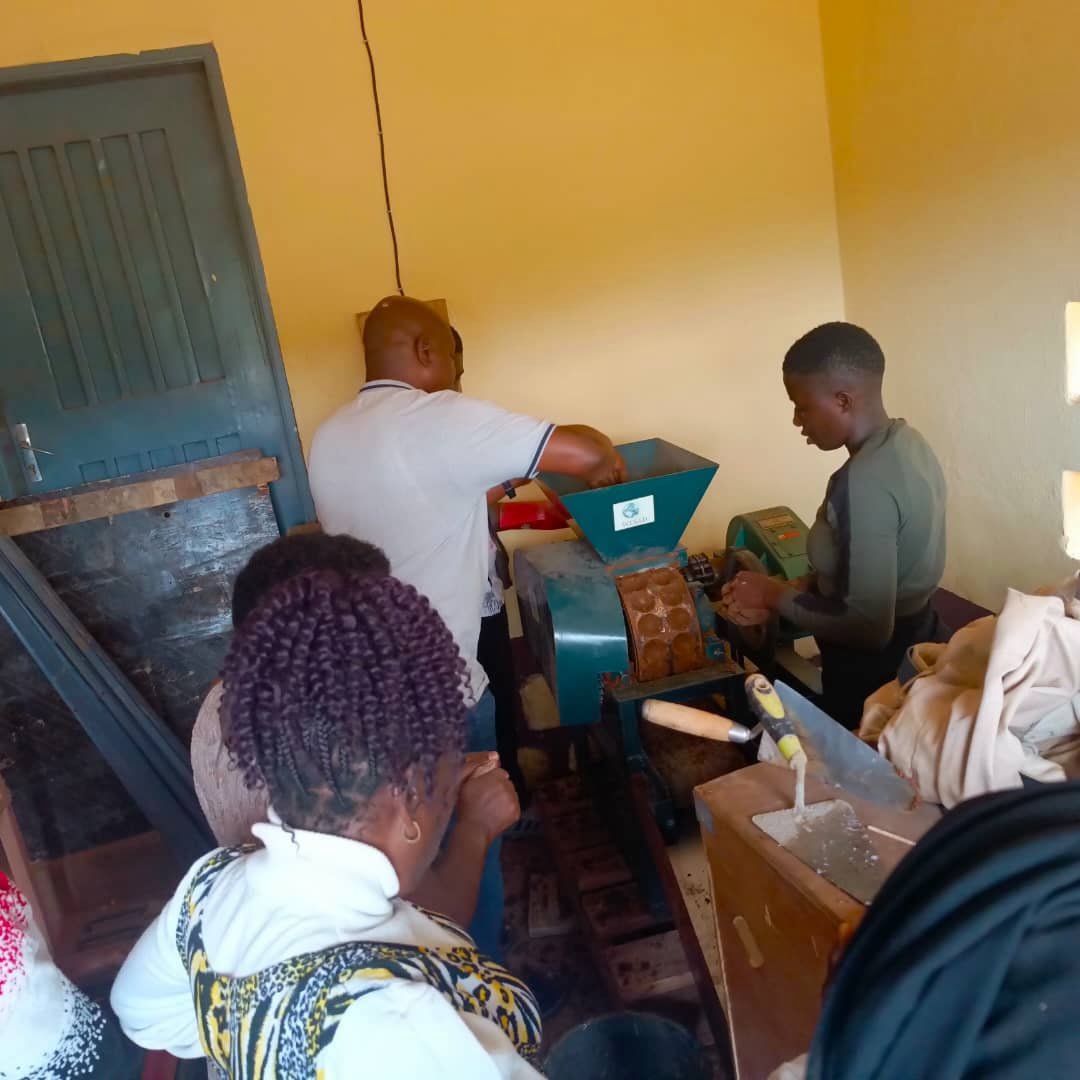
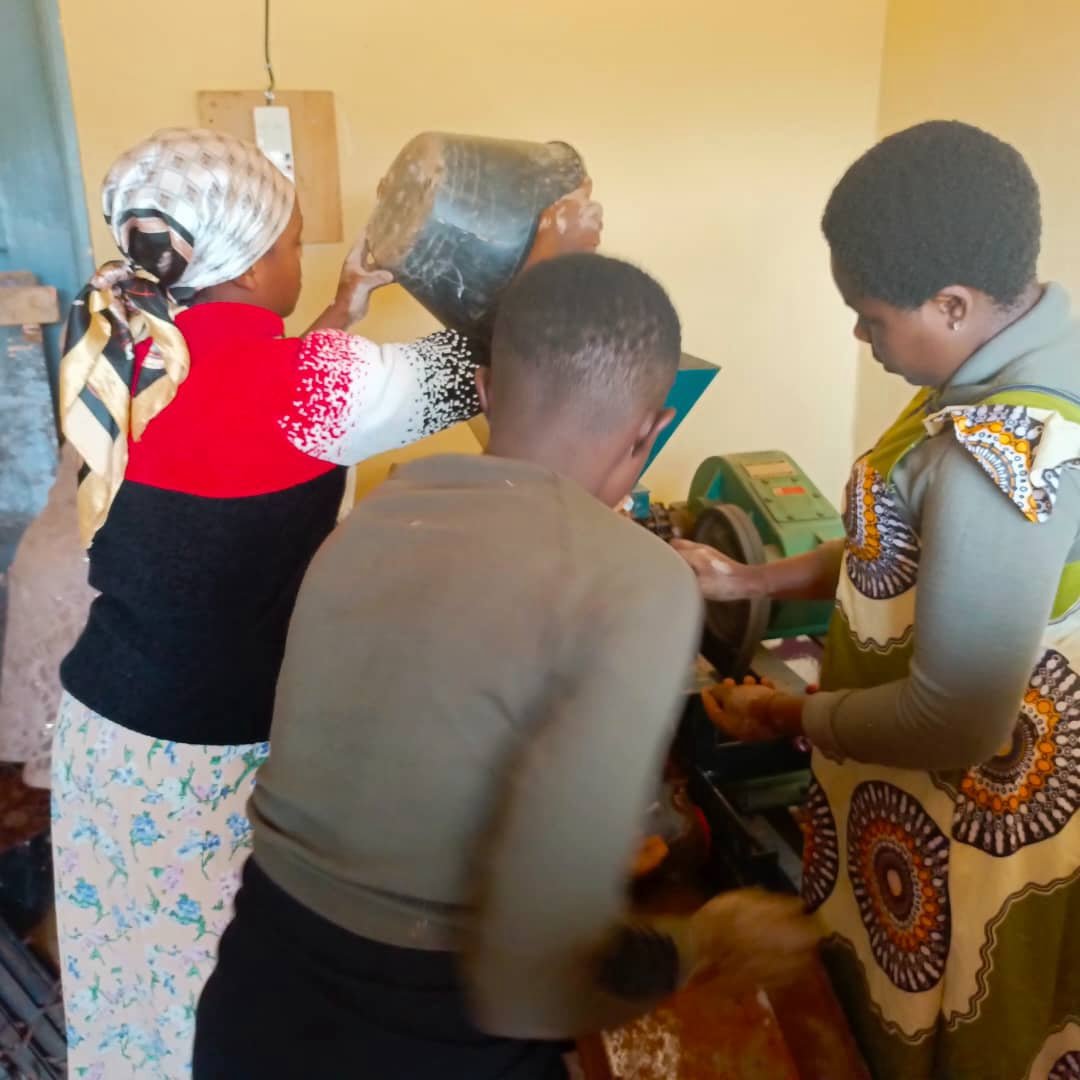
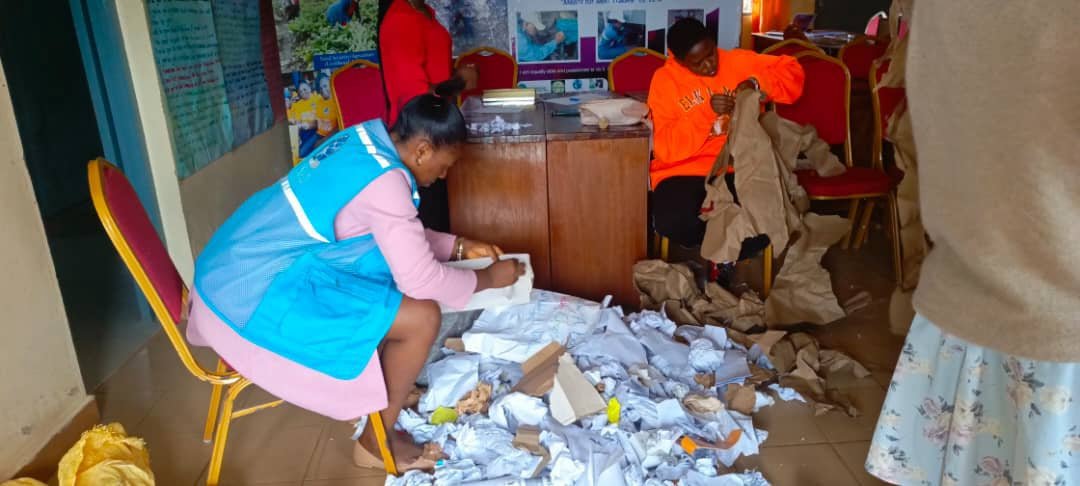
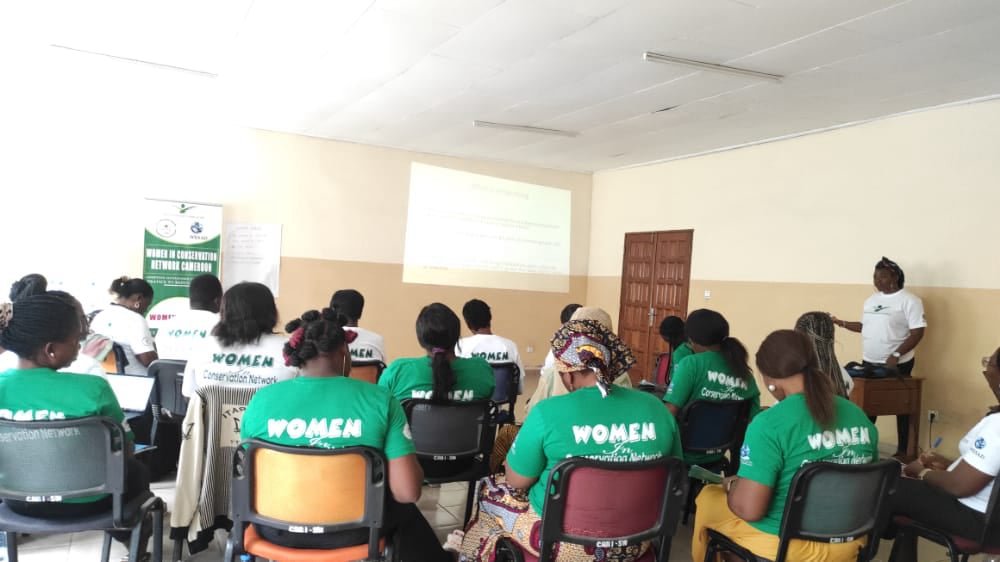
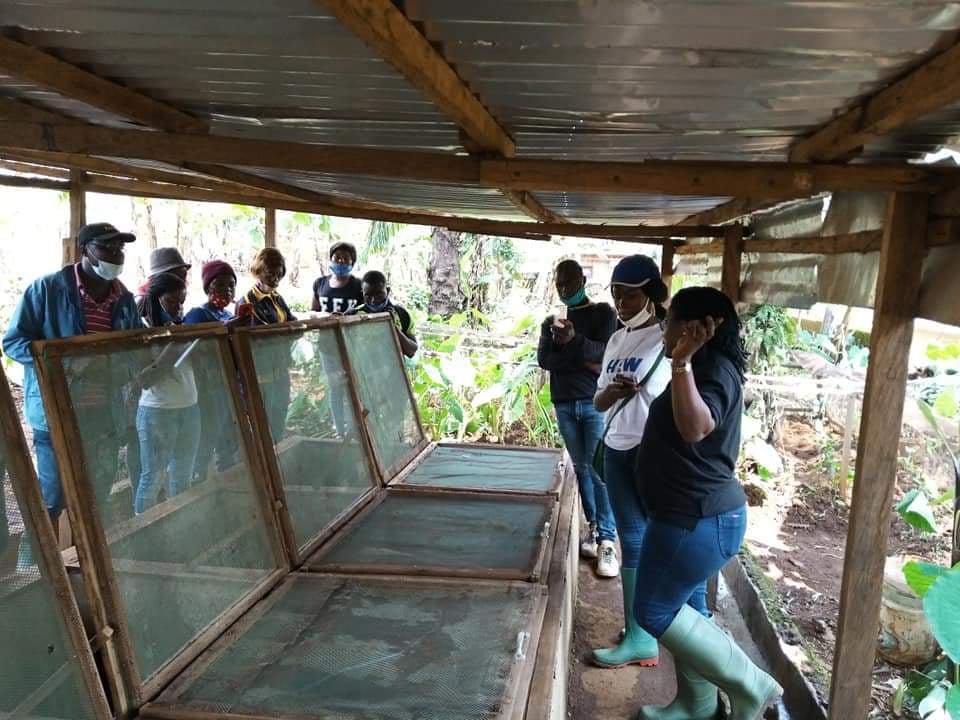
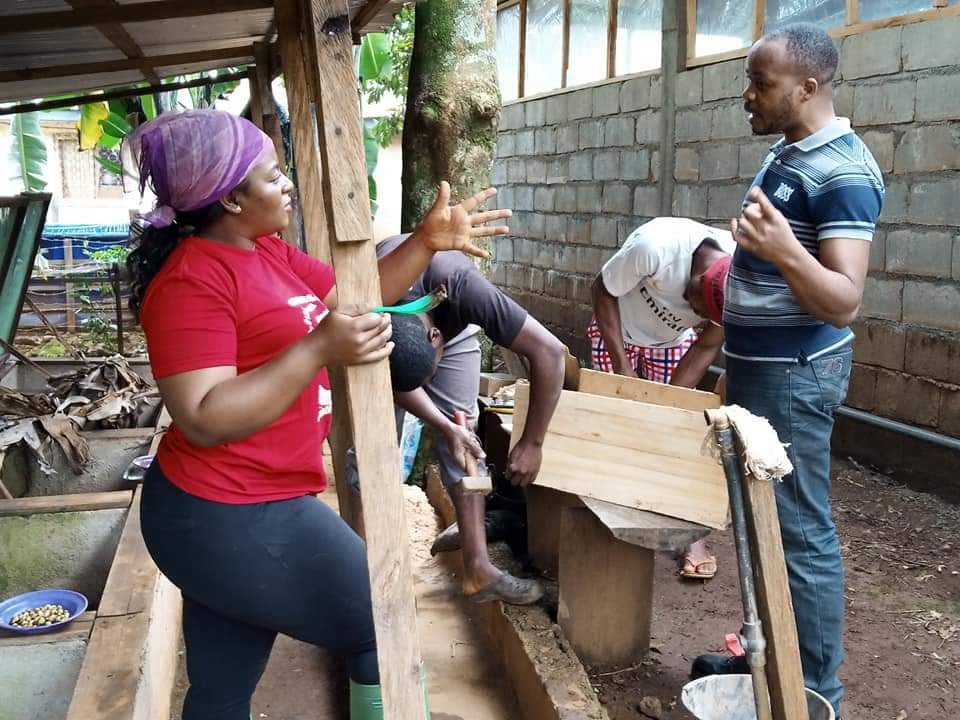
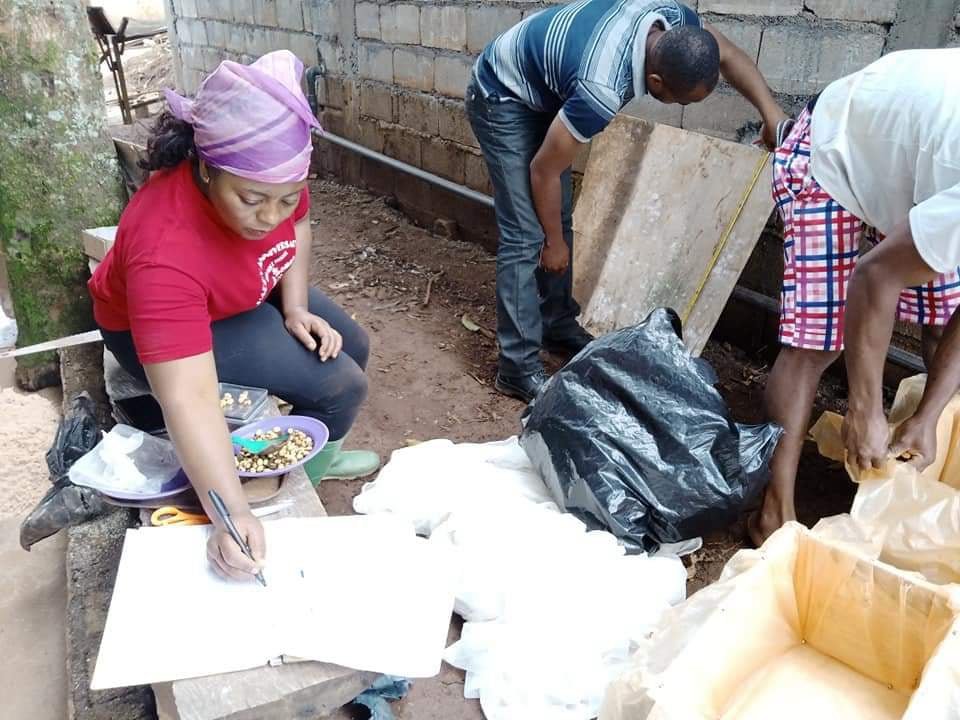
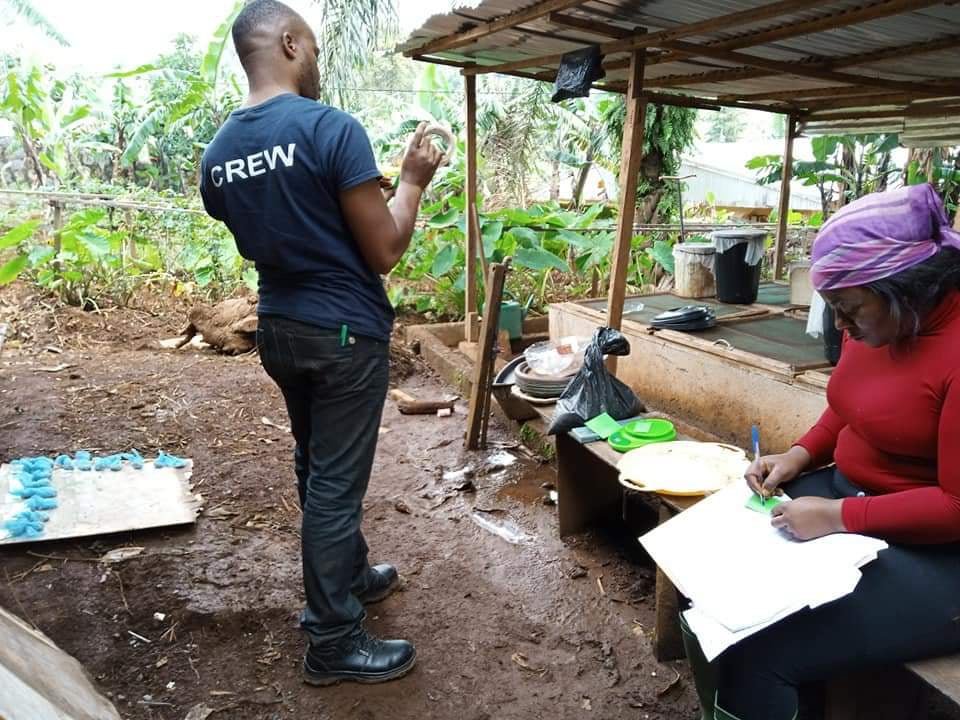
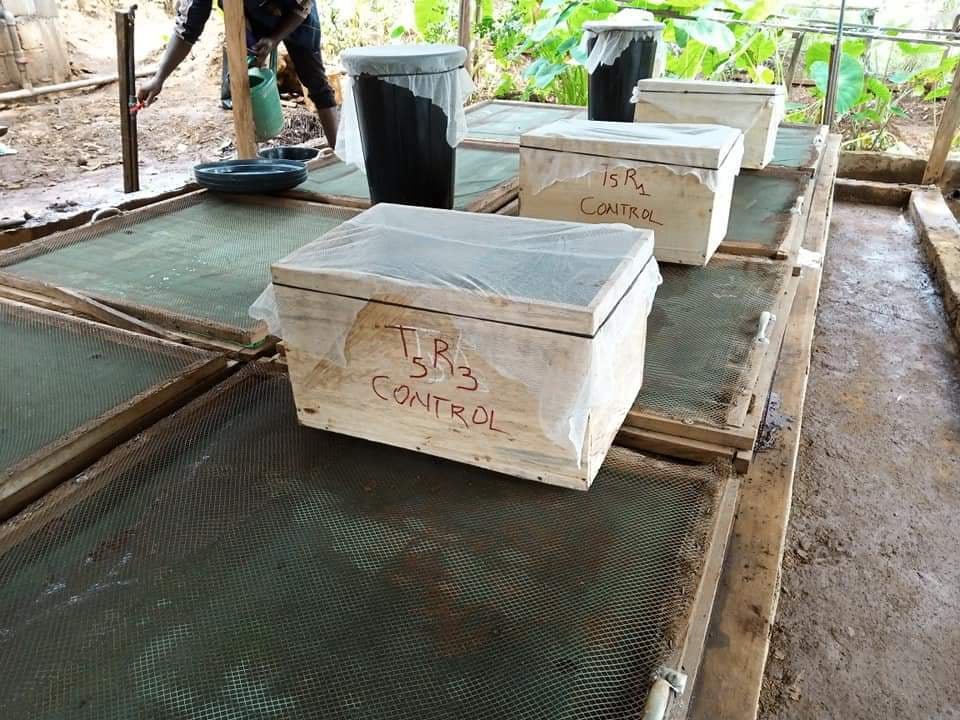
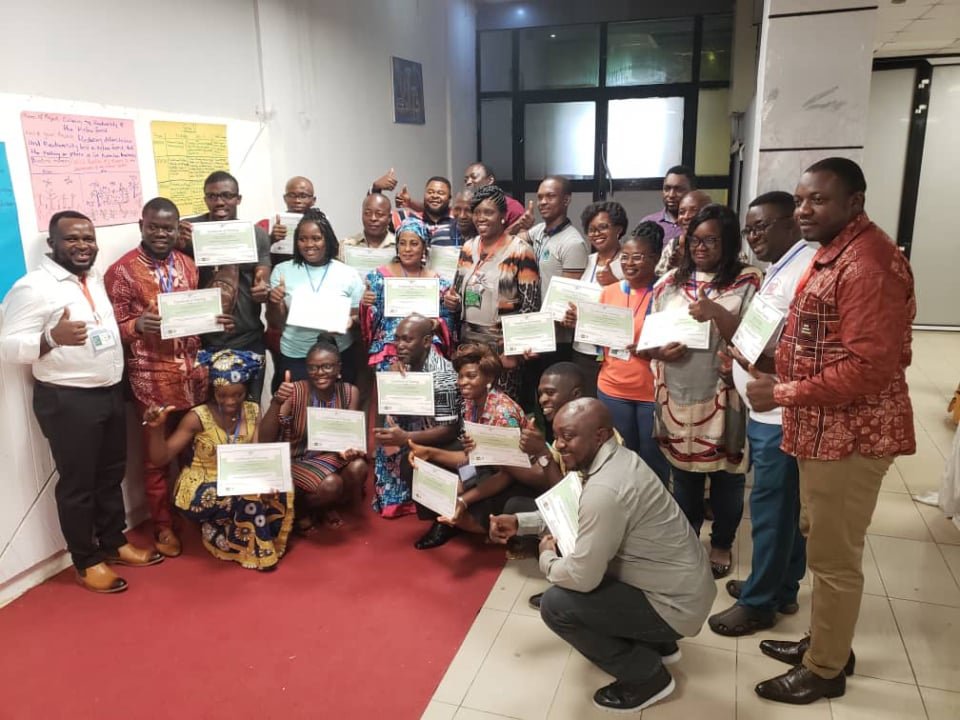
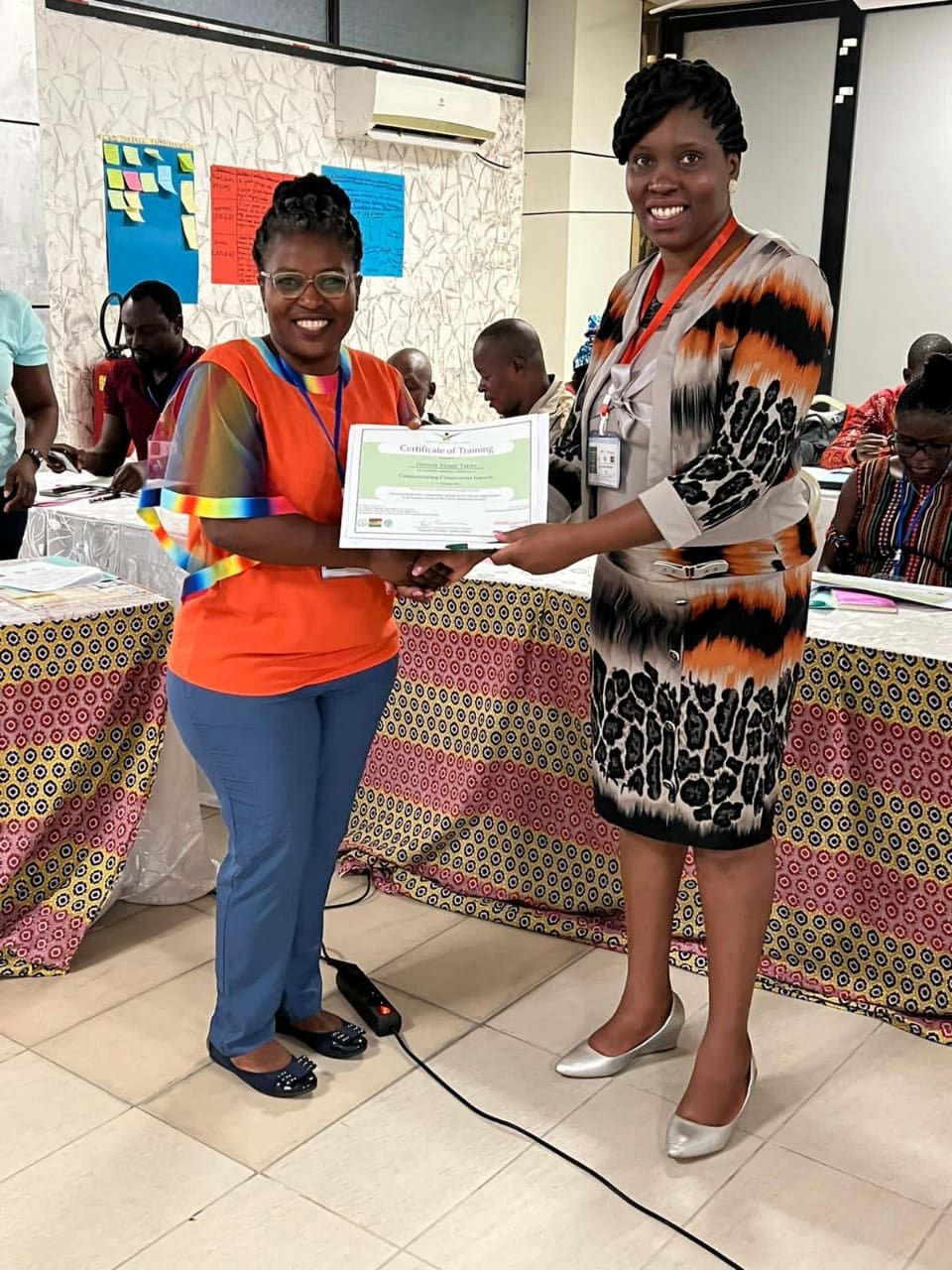
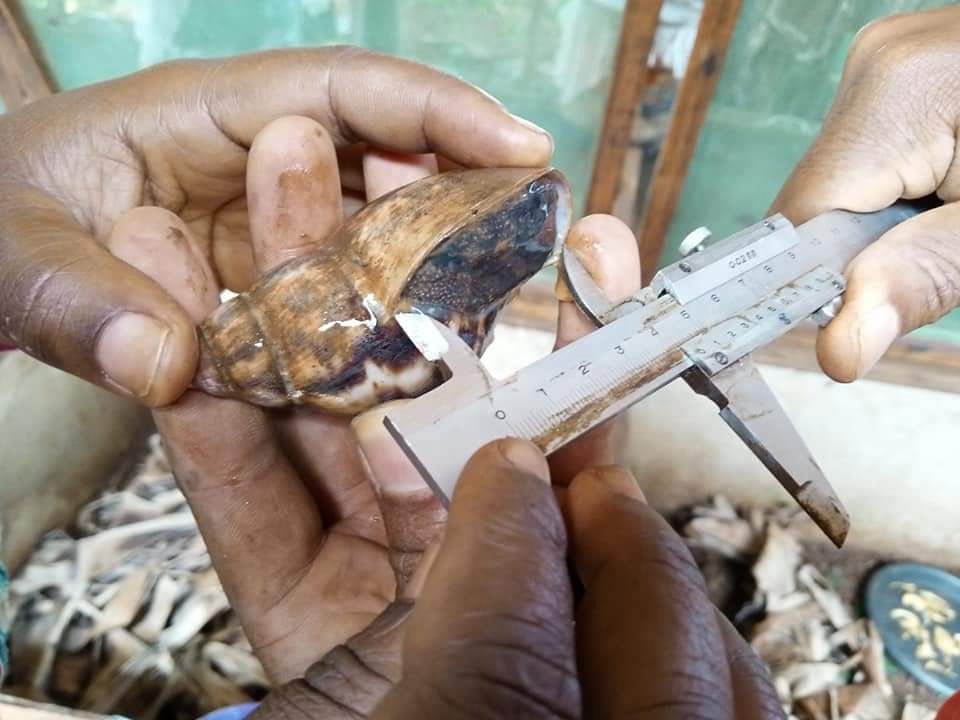
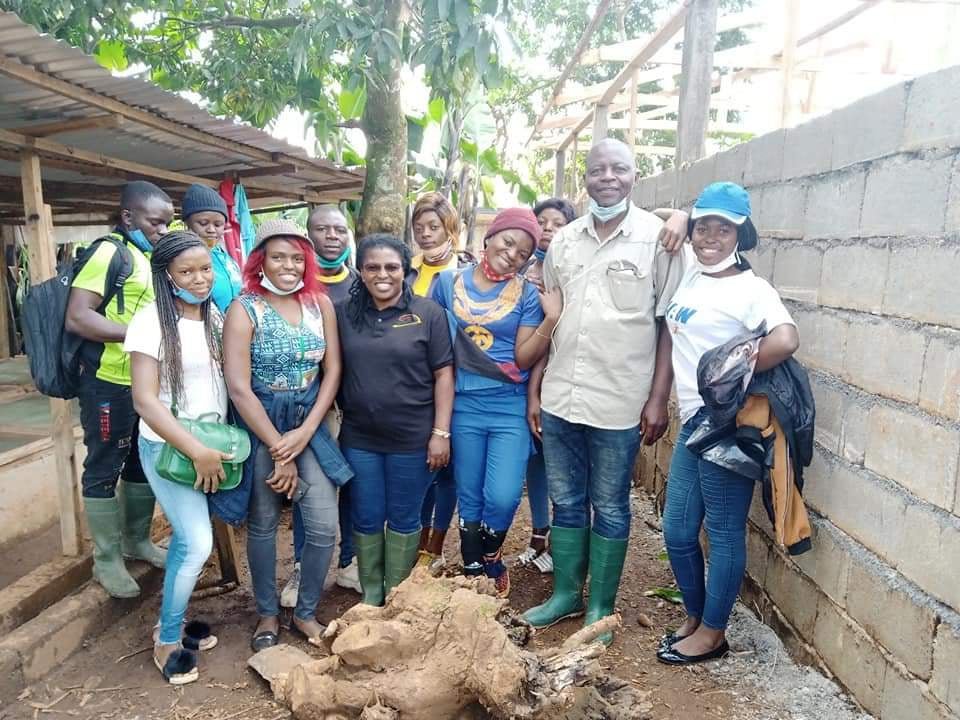

Follow Us
We envisage sustainable and peaceful communities where human rights and dignities are respected, providing equal opportunities for all through community participation to improve well-being and economic development.